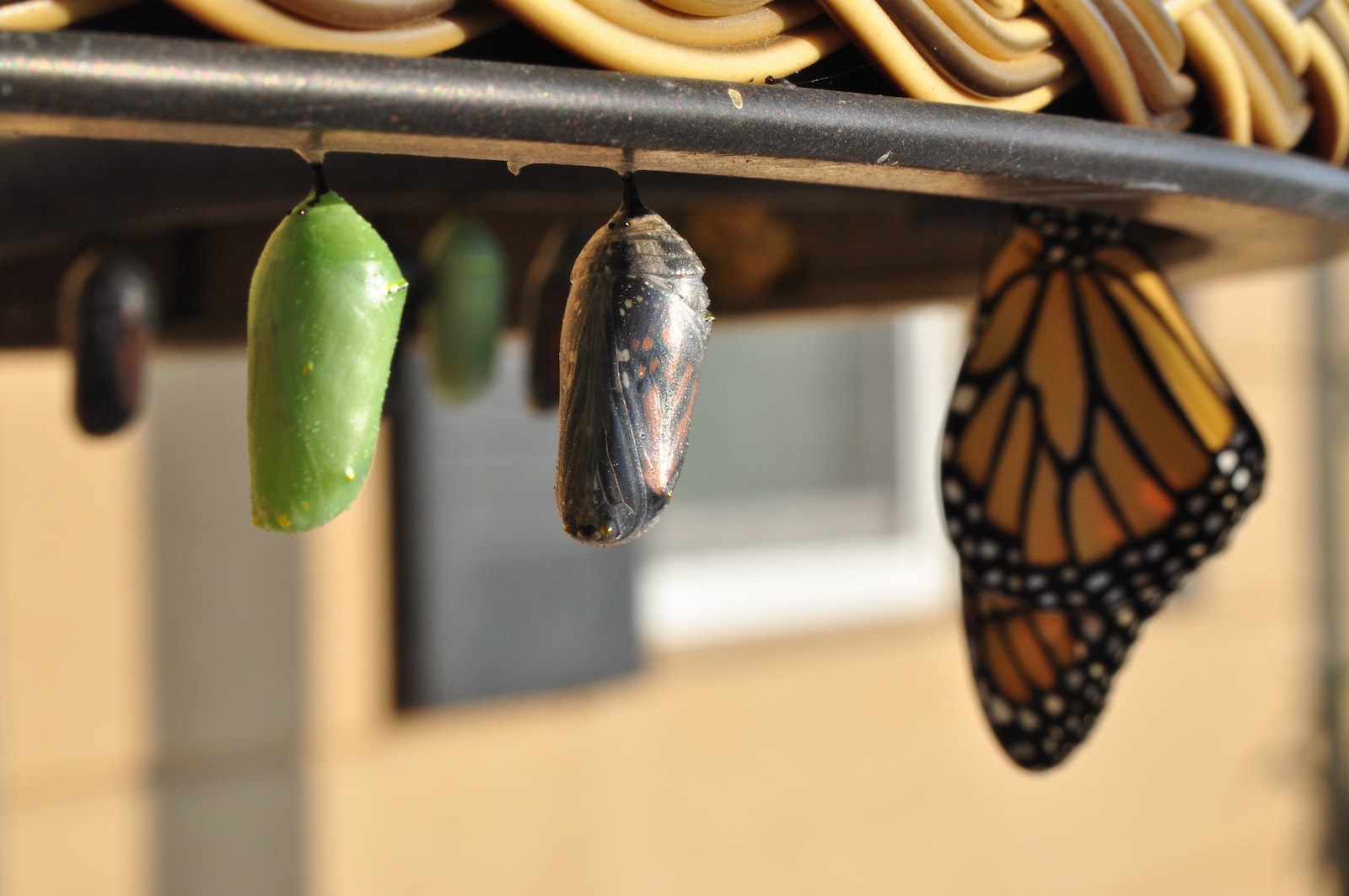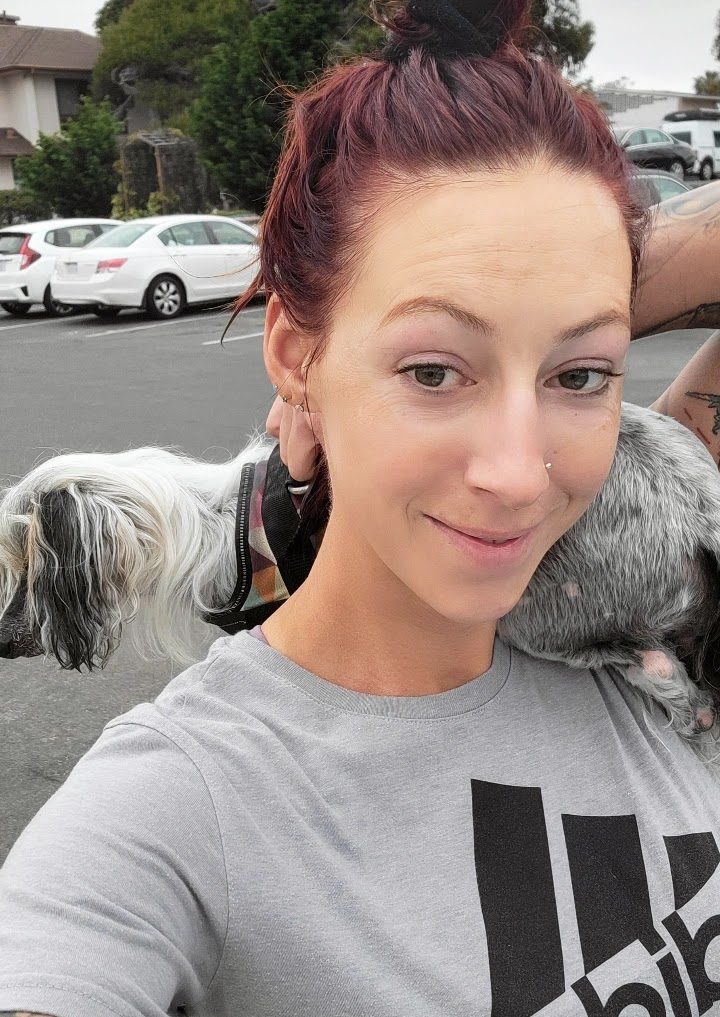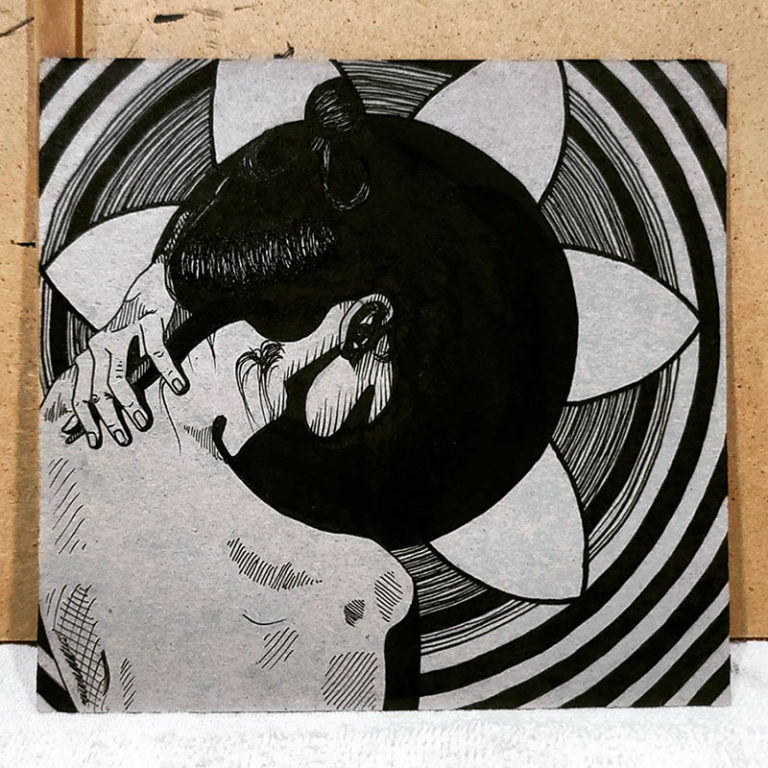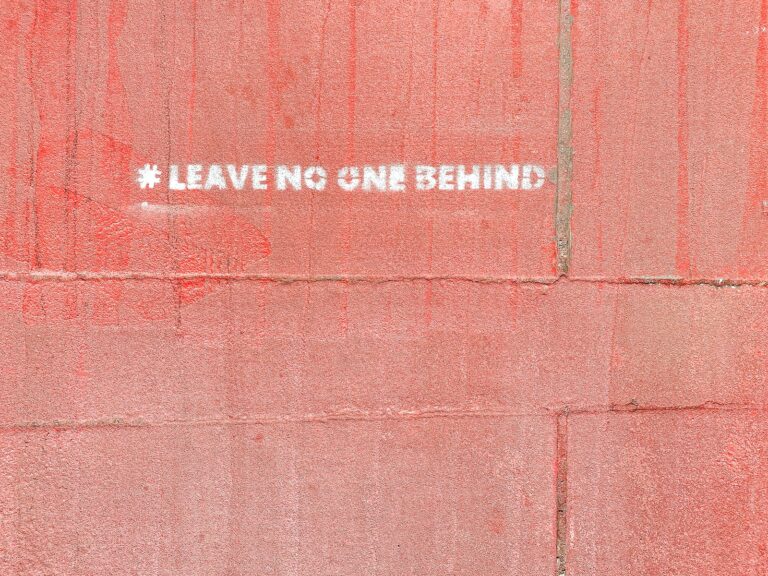Who are you? Who do you tell people you are?
Because we all do it, we describe ourselves to the people we meet. We reinforce an idea of who we are not according to how other people see us but by how we see ourselves.
Takes time and practice to become conscious of the identity we force on people. Most of the time we move through life upset and frustrated that people don’t treat us a certain way; how can they when we aren’t willing yet to see ourselves that way?
I realized a while ago that I used to tell people what a loser I am. Indirectly, I’d tell them I’m “really great at losing” in reference to playing games or engaging in any kind of competition. I’d brag about how I was the best loser they’d ever met.
And I couldn’t figure out why I kept losing in life. Duh!
I’ve come to realize that change doesn’t happen on its own. We are in control of our character in the game of life, and if you want to achieve something different than what you’ve got now you have to intentionally act on it.
Everything in moderation
I hear people say all the time that life is about balance and “all things in moderation”, and I wholeheartedly disagree. Balance and moderation get you nowhere in life and I suppose if you wish to get nowhere then that is the best course of action.
I prefer to go somewhere with my life. Imbalance is what moves the needle.
[…] an object at rest stays at rest and an object in motion stays in motion with the same speed and in the same direction unless acted upon by an unbalanced force((Balanced and Unbalanced Forces)).
Isaac Newton, First Law of Motion
It doesn’t take much to make headway either. Just practicing a mantra can change the whole course of your life. Just 1% in the direction you want to go will get you there eventually.
A great example of this is stretching. I started stretching when I was 20 years old to fix relentless sciatica pain that doctors couldn’t resolve (and their only solution was to do investigative surgery, no thank you).
I’m not a naturally flexible person, at all. I flunked out of tumbling class when I was just 5 years old because I wasn’t flexible enough to do a crab walk. Seriously, that’s fucked up.
I began stretching every day, and at first it was really ****. Stretching is boring, it’s not a fun activity to do when you aren’t flexible. And, it can be painful too. But I had to improve my flexibility if I wanted any hope of resolving this horrible constant pain, so I sucked it up and did it anyway.
I’d come home from work, put on a movie, and spend those couple of hours stretching before going to bed. Every day.
It took a few weeks to resolve the sciatica pain.
Then I stopped stretching because stretching sucks((I love it now but I didn’t love it then)) and the sciatica came back with a vengeance. Getting back in the routine of stretching seemed like extra torture the second time around.
And so it went for the better part of a year until I got my shit together and just made stretching after any workout a daily routine((come hell or high water)).
Now, 18 years later, I am one of the most flexible people in the gym. I can do side and front splits, something I never in a million years imagined I’d accomplish. I can almost do standing splits and that’s something I’m intentionally working for now.
But for every person in the gym that asks me about stretching, I tell them the same thing. You practice lifting weights every day to get stronger, but never think to practice stretching every day to get more flexible. They are the same thing.
If you want to get strong flexible, you need to have a regular lifting stretching routine that you practice a specific number of days each week, week after week, month after month, year after year.
If you came into the gym to lift weights once a month you wouldn’t expect to get stronger; if anything you’d expect to hurt more and risk getting injured by overdoing it. Stretching is no different.
The sooner you start…
If you don’t start today, you’ve lost a day of progress.
And it adds up over time((similar to compound interest on your money)). The sooner you start the greater the opportunity and skill over time.
Pick one thing, even just the way you choose to describe yourself to other people. If it’s in the negative, change it to a positive. Maybe you don’t feel that way right now, but how do you want to feel in the future?
Agree or disagree? Let me know why in the comments. ?








On the topic of flexibility and stretching, have you checked out Ben Patrick’s work? He’s known as ‘KNEESOVERTOESGUY’ on Instagram and I’ve been incorporating his methods over the last year and my strength AND flexibility, as in, overall ability is very noticeably improved. Thanks for being you!
I have!
Before he really blew up I bought the program and followed it; I was curious to see if it would help fully resolve an ankle issue I’ve had for many years; closest diagnosis I can find for it is posterior shin splints. Unfortunately, it only aggravated it worse than it’s ever been.
I like that the exercises put emphasis on full range of motion, which will certainly help with flexibility. If you’re trying to focus on that specifically I’d encourage you to learn about PNF Stretching technique, it is wildly effective but grossly overlooked.
I learned that in Massage Therapy school and have used it almost exclusively to make flexibility gains. Was not naturally flexible, now I get asked if I used to be a gymnast. It’s particularly beneficial for restoring range of motion after an injury, and you should find it parallels why the KOT exercises work (engage the muscle then put it into a stretched position, rinse, repeat).
A fun rabbit hole you can go down is around the Golgi Tendon Organ and how it plays a role in muscle tension (and length for flexibility). You can activate it using muscle contraction, stretching, and also manually manipulate it to improve muscle function. ?